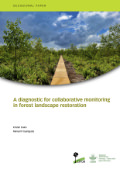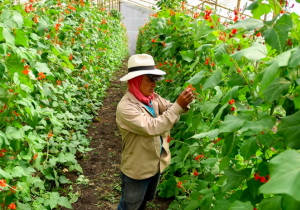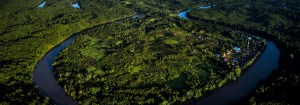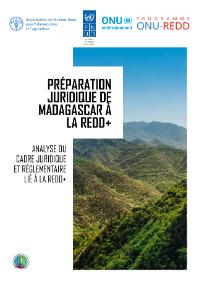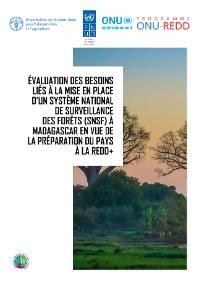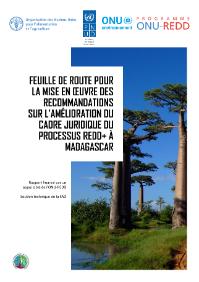Soil carbon dioxide and methane fluxes from forests and other land use types in an African tropical montane region
In the last 40 years, large areas of the Mau forest, the largest contiguous tropical montane forest in East Africa, have been cleared for agriculture. To date, there are no empirical data on how this land use change affects carbon dioxide (CO2) fluxes from soil respiration and soil methane (CH4) fluxes.





